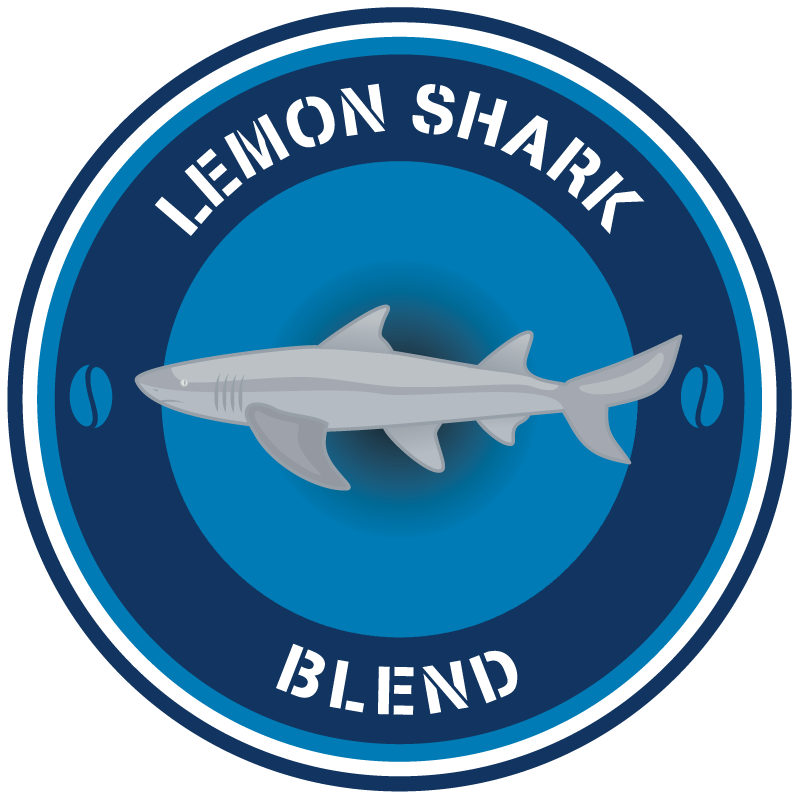
Lemon Shark Mug
PRODUCT INSPIRED BY:
The mug is inspired by the Lemon Shark like our coffee blend with the same name.
$1.00 of the sale of this mug goes to shark conservation.
Coffee mug with our Lemon Shark design.
$1.00 of the sale of this mug goes to shark conservation.
Additional information
| Weight | 14 oz |
|---|---|
| Dimensions | 4 × 4 × 4 in |
Only logged in customers who have purchased this product may leave a review.
Lemon Shark:
The Lemon shark is a skillful predator of oceans having a short snout and flattened head. They have excellent vision and a specific “visual streak” that enables them to distinguish between different colors in the water. Lemon sharks prefer shallow subtropical waters to call home. They mostly move in groups to ensure their protection, communication and get their prey. They are yellowish in color and can be found resting on seagrass on the seabed during the day. When lemon sharks develop parasites on their bodies, they rest motionless at the bottom of the ocean, allowing other fish to clean them up.
Lemon sharks are a vital part of the marine ecosystem and are recognized for displaying a variety of behaviors when watching others. Lemon sharks use electroreceptors to locate and chase down their prey. Lemon sharks are unique and site-specific for breeding. They always return to the same location where they first bred. Lemon sharks give birth in mangroves, which are seaweed-like plants that grow along the ocean’s edge. For young lemon sharks, mangroves provide the ideal environment and protection. Lemon sharks can grow to be 13 feet long, 500 pounds in weight, and live for up to 27 years. Lemon sharks prefer to hunt at night and eat small fish like parrotfish, mollusks, crabs, and other lemon sharks. Lemon sharks are markers of a healthy marine ecosystem, and they assist ecologists in determining the number of predators below them.
Conservation Status:
Lemon sharks are classified as ”near threatened.” The most serious threat to the growth and population of lemon sharks is overfishing. People hunt them for their skin, fins, teeth, and meat. Lemon shark populations have declined by 60% in the previous 50 years due to habitat loss and degradation of mangrove plants along the oceans. The conservation of these species populations is critical, and an increase in their populations indicates a healthy and productive marine ecosystem.








Reviews
There are no reviews yet.